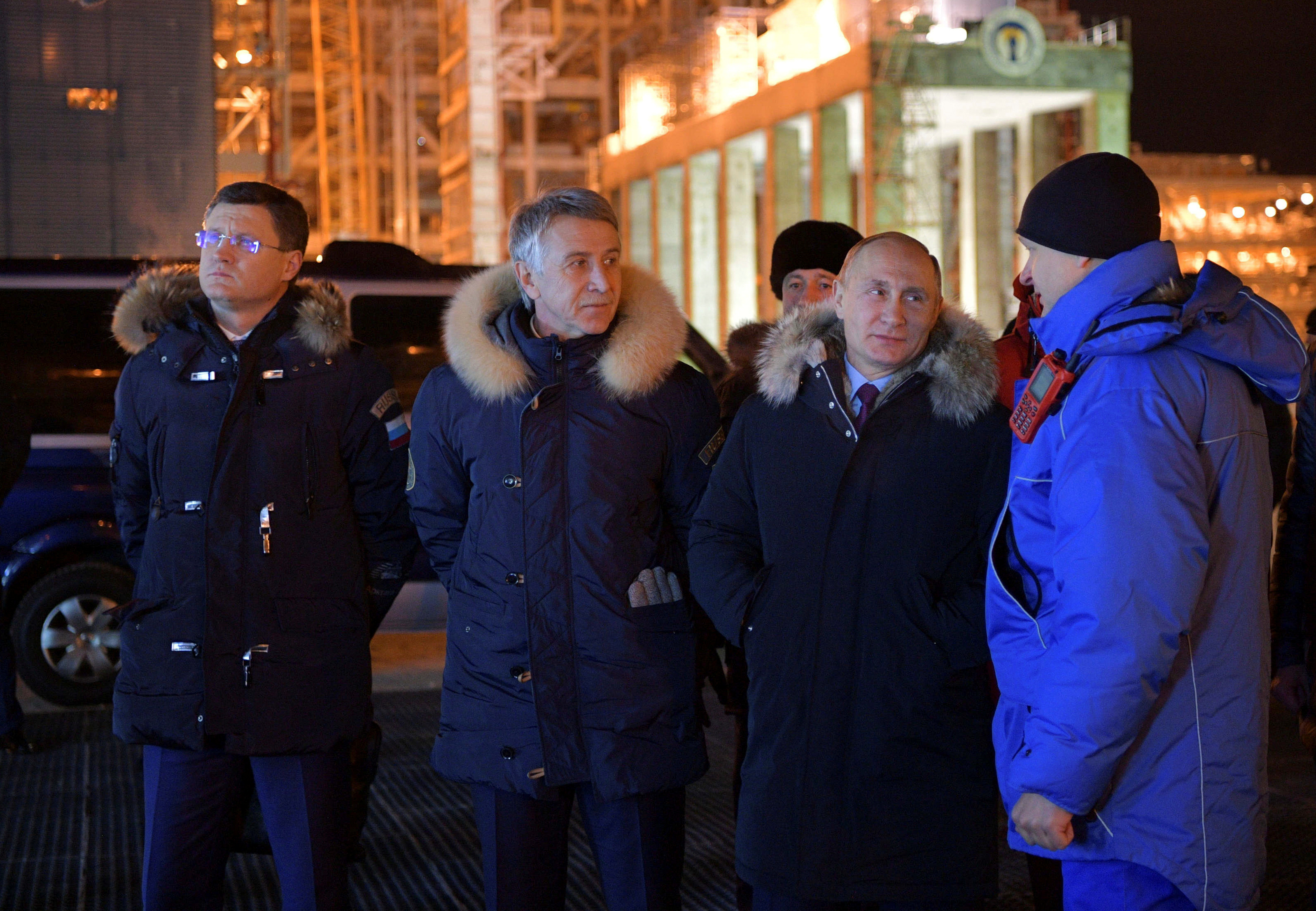Kremlin’s prophesy for the Northern Sea Route is keeping Moscow officials busy
Russian government agencies have diverging ideas about how to hit Putin's target of shipping 80 million tons along the Northern Sea Route by 2024.

Russian President Vladimir Putin in May 2018 said annual shipments along the Northern Sea Route should increase to 80 million tons by 2024. Since then, hundreds of federal officials have been busy figuring out how to make the plan become reality.
Several ministries and government bodies are involved in the process, and there are diverging views about the way forward.
In the latest forecast from the Ministry of Transport, the Northern Sea Route shipments will increase by as much as 35 million tons between year 2023 and 2024. According the figures that recently were presented in a state commission meeting, shipments will in 2019 amount to about 26 million tons and then increase to 32 million tons in year 2022. In 2023, volumes are to total 45 million and then make a remarkable boost to 80 million tons in 2024.
A copy of the ministry document has been obtained by newspaper RBC.
The prognosis from the Ministry of Transport is still the most modest of at least four forecasts elaborated by government bodies.
Rosatom, the nuclear power company that has been given the key responsibility for developing the Arctic shipping route, believes shipments in 2024 will amount to 92.6 million tons. The figures were presented in the Russian Arctic Forum in St. Petersburg in April this year.
According to the state nuclear power company, the figure includes 41 million tons of liquified natural gas from Novatek’s Yamal LNG and Arctic LNG 2. Included is also 17.5 million tons of oil, five of it from the Vankor area, another five from the Payakha field and 7.1 million from Novy Port. In addition comes a total of 23 million tons of coal, 19 million of it from the Taybass basin in Taymyr Peninsula and four million from the Syradasayskoye field.
Included are also 8 million tons of goods to be delivered through the Northern Latitudinal Passage, the projected railway line that will be connected to Sabetta, the new sea port in Yamal.
The most ambitious plan comes from the Ministry of the Far East and Arctic. The ministry planners believe that shipments can amount to 95 million tons in 2024, RBC reports.
Meanwhile, the Ministry of Natural Resources that previously appeared reluctant to beef up its estimates for the Arctic route, now presents figures that are in line with the other federal ministries. The ministry that is headed by former Arctic governor Dmitry Kobylkin now says that shipments on the Northern Sea Route will grow to 82 million tons in 2024, RBC reports.
Already in 2019, shipments will amount to 30 million tons, the ministry says.
LNG produced by Novatek will constitute the lion’s share of the growing Arctic shipments. The company assures that it will deliver more than 35 million tons of LNG per year from the region before 2024, about half of which is already produced at the Yamal LNG plant.
However, coal is also a key part of the picture. Vostok Coal is in the process of digging deep in the peninsula of Taymyr and intends to ship out 19 million tons per year from two new port terminals by 2024.
Vostok Coal is controlled by businessmen Dmitry Bosov and Aleksandr Isaev, and gained its first licenses in Taymyr in year 2014. Since then, it has strengthened its position in the area with a number of additional extraction licenses.
The company now controls more than 50 production licenses in the peninsula. There are several hundred billion tons of high-quality coal stored under the vulnerable local tundra lands, Vostok Coal and its regional subsidiary Arctic Mining Company says.